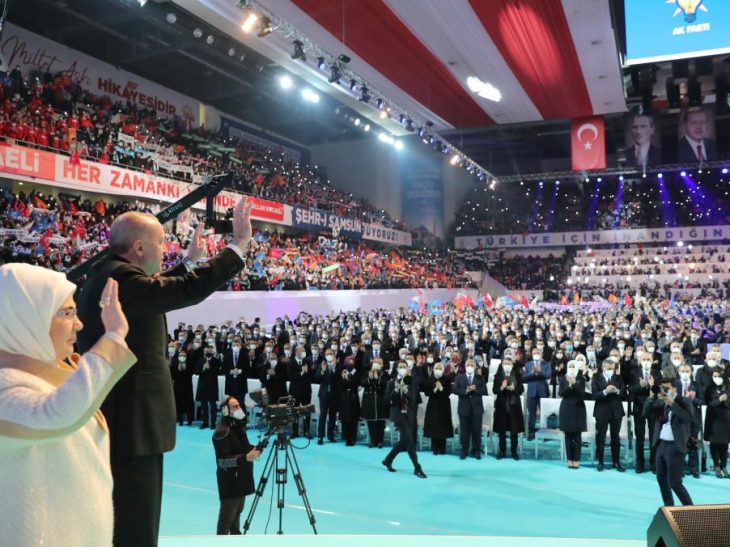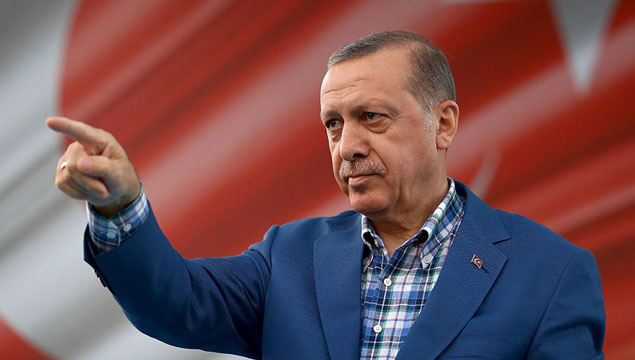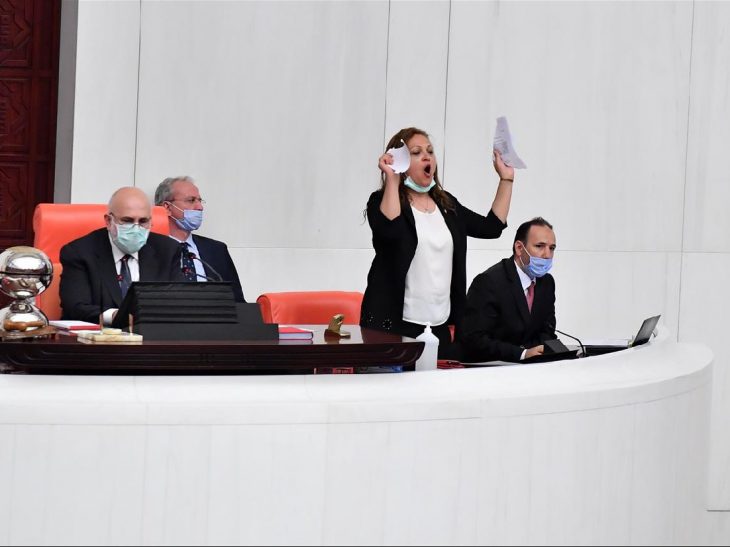US policy rate hikes make things harder for Turkish economy
 turkey covid
turkey covid
The remaining hopes for the Turkish economy to get better sooner are vanishing fast after the latest U.S. Federal Reserve's interest rate hike, Turkish economist and writer Mustafa Sonmez said on Thursday.
Sonmez made the comments after the U.S. Fed's decision to raise the interest rate by 0.75 percentage point on Wednesday in an attempt to cool down the hottest inflation in the U.S. in 40 years. It's widely expected that the effects of the consecutive U.S. interest hikes will ripple through the world markets, starting with developing countries such as Türkiye.
One dollar was traded at 17.92 Turkish liras at 11:20 a.m. local time on Thursday, marking a staggering 109-percent value loss compared with July 2021 when the exchange rate stood at 8.58 liras per dollar.
"The U.S. and European central banks hiking up interest rates to cool down their soaring inflation as their primary concern will surely bring an inertia to the world economy," Sonmez said, adding that "Türkiye, too, will be feeling its effects, not being able to attract foreign money easily as the money flow turns towards those countries with higher interest rates."
Drawing a contrast between the Turkish economy and the leading world economies, Sonmez said that while interest rate hikes come as the logical result of economic equations, Türkiye is in a different position as the new elections are getting closer. The ruling Justice and Development Party (AKP) wants to enter the election period with a lively economy backed by high-interest rates.
"Thus, interest rates in Türkiye were cut (in 2021) from 19 percent to 14 percent in a matter of months, and it stayed there. Inflation, on the other hand, rose from 20 percent to 80 percent," Sonmez said.
A record low exchange rate of 18.4 liras for one dollar was reached last December as the Turkish Central Bank kept the interest rates low. Wildly fluctuating exchange rates since then have slowly approached the record low. In addition to the record high consumer inflation in 24 years, Türkiye's five-year CDS (credit default swaps) risk also rose to over 900 points, a level even higher than that of the 2008 crisis.
A double whammy for the Turkish economy, as the country's efforts to acquire highly needed foreign loans, amounting to 180 billion dollars in the next 12 months, are impeded not only by the high exchange rate but also by the risk perception.
"The efforts by Western central banks to cool down the economy to balance and then reheat it may take a few years, but an eventual equilibrium probably can be reached," Sonmez said, adding that Türkiye is acting on political grounds, and the situation on the ground is not showing any signs of improvement any time soon.
Read more: https://www.telesurenglish.net/news/US-Rate-Hike-Casts-Further-Shadow-on-Turkish-Economic-Outlook-20220728-0011.html





